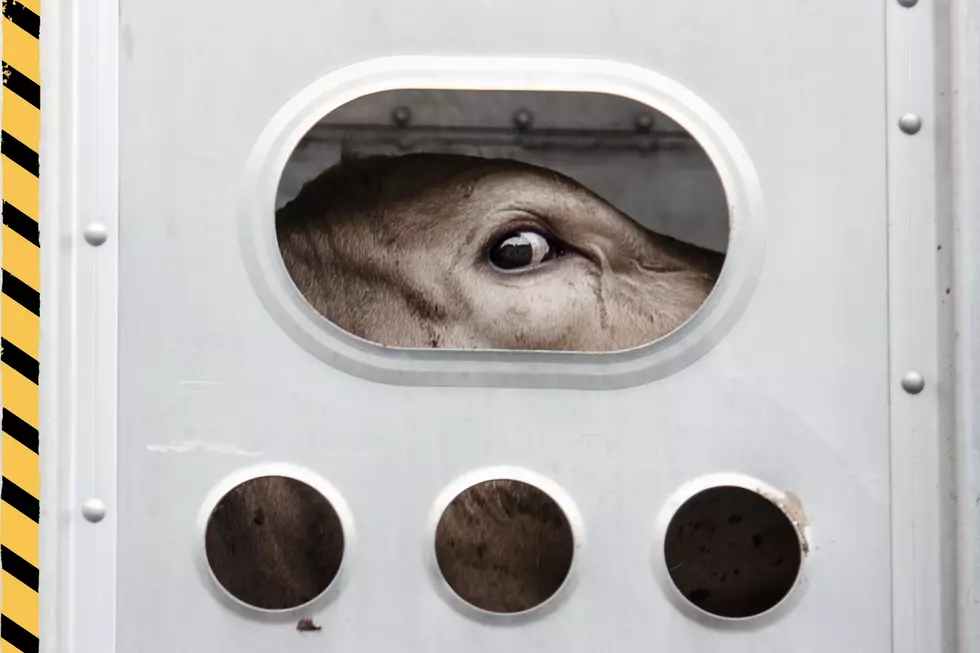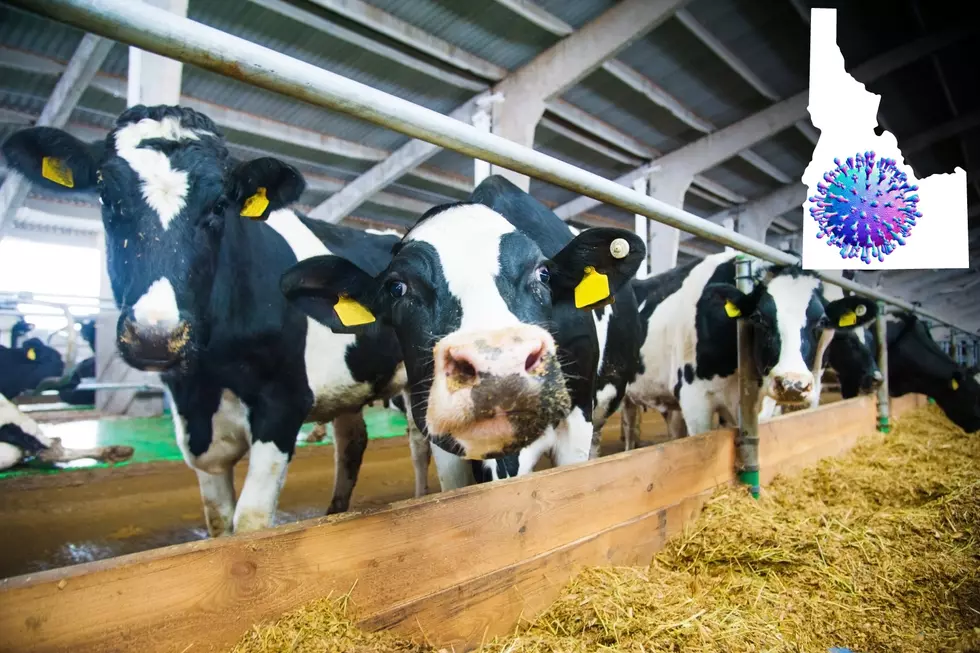
With Migration Underway WSDA Warning About An Uptick In Bird Flu Cases
Backyard bird owners across Washington, and the entire Pacific Northwest, are reminded to practice strong biosecurity measures as migration season starts to increase across the region. The Washington State Department of Agriculture’s Dr. Amber Itle says many in the veterinary community were hopefully as bird migrated south, the virus would lose its grip on North America, but unfortunately, that has not occurred.
“But unfortunately, we’re seeing that same genotypic virus that’s causing this Highly Pathogenic form that’s killing a lot of birds. So, unfortunately, as much as we’d like to say it’s come and it’s gone, here we are still fighting this virus 6-8 months later. And we’re anticipating that we’re going to continue to see it through the fall.”
Itle said in Washington, 90% of domestic bird flu infections this go-around are from contact with wild birds. She noted when comparing to other bouts with the Avian Influenza, Itle feels this particular strain has been more challenging when it comes to avian health.
“What’s really unique about the virus in this year’s outbreak, there’s about 60 different wild bird species that are vulnerable or susceptible to that virus. When you have that may birds circulating out in the wild, and they’re contacting each other through migration, their sharing water, landing in the same paces, they’re sharing viruses. So, what we saw this spring as birds migrated north, if you look at a map, most of the northern states got hit really, really hard, because there were so many additional wild birds that could become infected, thus increasing virtual load.”
What can backyard bird owners do to keep their flock health. Itle says remember S.A.F.E.:
- Self-report –high numbers of sick or dead birds and report the health of your birds if located nearby an infected flock.
- Avoid contact with migratory waterfowl
- Fence birds out of shared water sources/ ponds
- Eliminate outdoor feeders, especially at night
For additional tips on keeping your birds safe, visit the WSDA's Website.
If you have a story idea for the PNW Ag Network, call (509) 547-9791, or e-mail glenn.vaagen@townsquaremedia.com
More From PNW Ag Network









